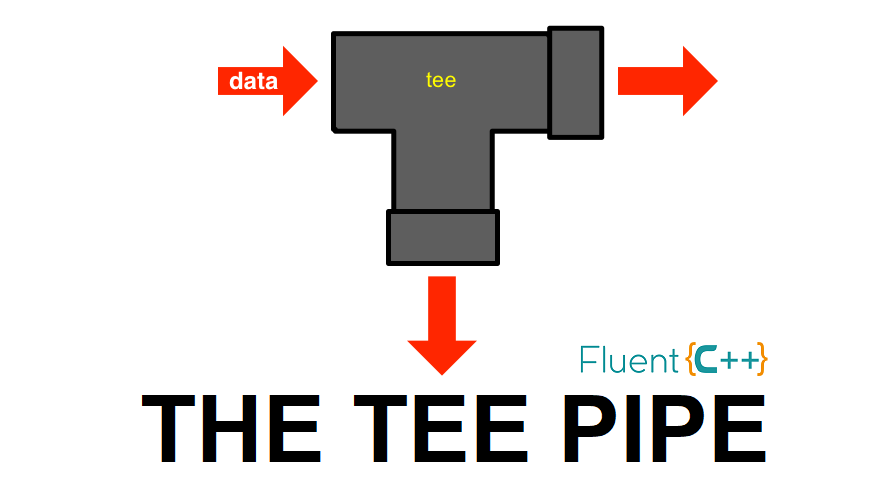Piping To and From a Stream
So far, the pipes library is able to read from a collection and output to one or several collections. For example, to multiply by 2 the numbers greater than 3 from a collection inputs and output the results in the collections outputs1 and outputs2, we can write: auto const inputs = std::vector<int>{1, 2, 3, 4, 5}; auto […]


